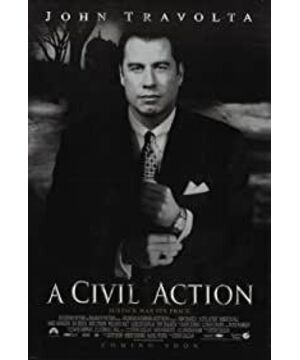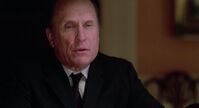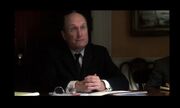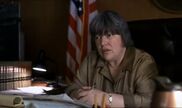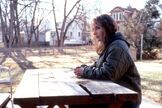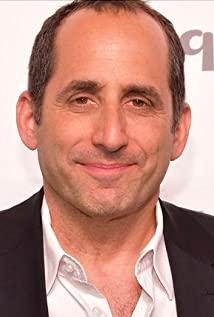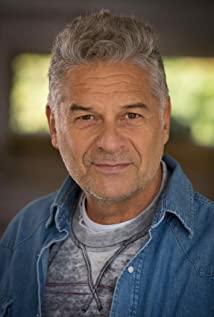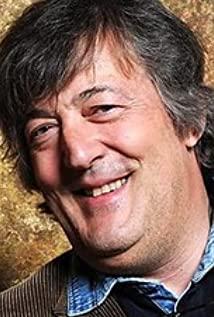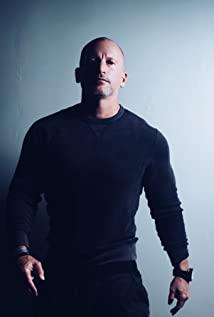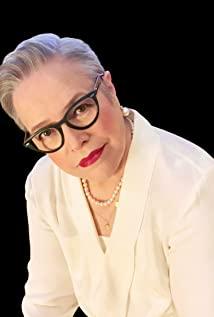As the protagonist Jan Schlichtmann throughout the film, his struggle and choice between money, fame and professional conscience is what impressed me the most. Initially Jan took on the case because he saw the huge amount of money and fame that could be behind it, but as time progressed, difficulties and resistance emerged, making reality and expectations completely different, and Jan and his company also Therefore, to the point where he can't make ends meet or even become penniless. At this time, Jan's insistence has nothing to do with money, fame and fortune. What he insists on is a kind of moral conscience and professional code, a pursuit of fairness and justice, a kind of truly touching of humanity. I think Jan's transformation is a kind of rethinking and understanding of professional value under realistic pressure, and this transformation has also achieved the real professional value that Jan can reflect as a lawyer. Therefore, what I want to focus on in this article is to explore the true professional value of lawyers under the tide of maximizing money.
I was very impressed by the opening of the film, showing Jan Schlichtmann's quest to maximize money in a case. The defendant increased the compensation price bit by bit in order to seek a settlement, while Jan Schlichtmann shook his head again and again, until he felt that the other party would not add more, and then stopped. This set of shots vividly shows the basis of the bundling of the lawyer's own interests and the plaintiff's interests, and Jan Schlichtmann maximizes the performance of chasing money. Of course, as a type of broker, the main source of income for lawyers is to collect a certain percentage of profits on the basis of maximizing the interests of the principal. As a personal injury attorney, Jan deserves to keep asking the defendant to increase the damages, because only in this way can he reap high profits for himself and the company. This is a peculiarity of the profession of lawyers.
But in this case, Anne and other bereaved families have repeatedly stressed that they don't care about money, all they need is an apology, which is why Anne turned away when the four lawyers told them the amount of the settlement. Because here, the manifestation of the plaintiff's interests is not money, but a moral claim. I think that's also where Jan and the others have been unable to reconcile, because the defendant's monetary settlement may be enough for a profit-seeking lawyer, but it doesn't work for a deeply traumatized family. So here comes one of the most important contradictions in the film. If he continues to do it, Jan will face the dilemma of no backup, no friends and no funds; if he doesn't do it, Jan will not be able to face the family that has lost a child, and he will not be able to convince himself in conscience.
Some professions are destined to be tied to fairness and justice, such as police officers, judges, journalists, and government officials, so the deep value of these professions can also be said to be a universal moral value. The same is true for the profession of lawyers, because the law itself is an institutionalization of fairness and justice based on maintaining the normal order of society. As the agent of the plaintiff or the defendant, what lawyers themselves undertake is a kind of justice and justice. Especially in this film, Jan's opponents are two powerful groups, but at the expense of the environment for their own economic interests, in any case they are morally missing, so in the The moral scale here is pointlessly in Jan's favor. But under the circumstance that it is difficult to collect all kinds of evidence, how to make morality manifest as justice recognized by law is a difficult problem for Jan. He has been making efforts, including research on related expertise such as geology and hydrology, and he is unmoved in the face of private bribes from the two groups, and he has never agreed to a settlement. Here, as a lawyer, Jan has shown us the moral conscience that this profession should have, and also inspired us to think about the true value of the profession of lawyers: defending the fairness and justice of society.
Towards the end of the film, Jan said in a letter to the EPA: "I have evidence, but no more resources, no more power to gamble... In the case against Beatrice, I have no money, No partner. What more can I say, I don't have clients either...I forward all this clumsy stuff to you...I even know you probably won't adopt it...won't care about it as much as I did when I started. You decide to adopt and I want you to succeed where I fail. If you're going to count my successes and failures with money, and leave people's suffering aside entirely, this algorithm shows that...is a total failure. Unexplainable Yes...if I could know more, what I don't know now, where I've failed, if I'd gotten involved with these people...know all the numbers, all the odds, all the opinions...I'd still do it. "This passage moved me very much. From this passage, we can already see that Jan at this time has begun to think about the value of law and the meaning of human nature. Therefore, in the face of "what do you use to prove your quality of life?" ?" Only when he asked such a slightly sarcastic question, he responded with a magnanimous smile.
Jan's last smile and the fast-paced and humorous Take me to the river at the end finally relieved my heavy heart from the beginning of the film. I think that's what this film is really trying to convey, it's about human nature, about choices, about the value of lawyers.
View more about A Civil Action reviews


